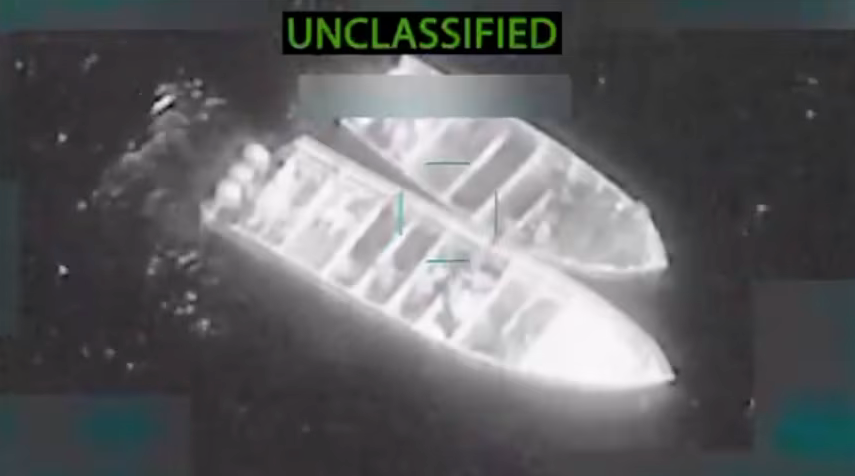Gambiaj.com – (LONDON, U.K.) – The United Kingdom has suspended the sharing of certain intelligence with the United States in the Caribbean amid concerns that Washington has used such information to carry out lethal strikes on suspected drug trafficking vessels, sources familiar with the matter have told CNN. The move represents a rare and significant break between two of the world’s closest intelligence allies.
For decades, the UK has supported US-led narcotics interdiction operations by providing surveillance and intelligence gathered from British territories across the Caribbean.
Traditionally, this cooperation enabled the US Coast Guard to intercept boats, detain suspects, and seize drugs through law enforcement mechanisms that respected due process.
However, the situation changed in September when the United States military, under the direction of President Donald Trump’s administration, began launching deadly strikes against boats believed to be linked to drug trafficking networks.
The operations have reportedly killed at least 76 people. British officials fear that intelligence they provide could be used to support what they view as illegal military attacks, the sources said. The pause in intelligence sharing began more than a month ago.
The UK shares the view of UN Human Rights Chief Volker Türk, who last month stated that the strikes constitute “extrajudicial killings” and violate international law. The British government has declined public comment, as have the Pentagon and the White House.
Washington, however, maintains that the strikes are lawful. The Trump administration has argued that drug traffickers designated as part of “foreign terrorist organizations” are enemy combatants posing an imminent threat to the United States.
A classified opinion from the US Justice Department’s Office of Legal Counsel reportedly backs this position. The White House insists that the operations comply with the Law of Armed Conflict.
But legal specialists, including lawyers within the US Department of Defense, have questioned the legality of the strikes. Several of the targeted boats were stationary or were attempting to flee when attacked, CNN has reported, undermining Washington’s claim that lethal force was necessary to prevent imminent harm.
Internal tensions have already surfaced: Adm. Alvin Holsey, the commander of US Southern Command, offered to resign after challenging the legal basis of the campaign. He is set to leave his post in December, one year into the role.
Canada, another long-standing partner in Caribbean drug interdiction, has also distanced itself from the US military operations. While Ottawa will continue joint efforts with the US Coast Guard under Operation Caribbean, it has told Washington that Canadian intelligence must not be used to support deadly strikes.
A spokesperson for Canada’s defense department recently underscored that its cooperation “is separate and distinct” from the US military’s lethal targeting missions.
The UK’s decision deepens international scrutiny of the United States’ evolving counter-narcotics strategy in Latin America, a strategy critics say risks bypassing due process, eroding the laws of war, and setting troubling precedents for the use of military force outside conventional battlefields.










